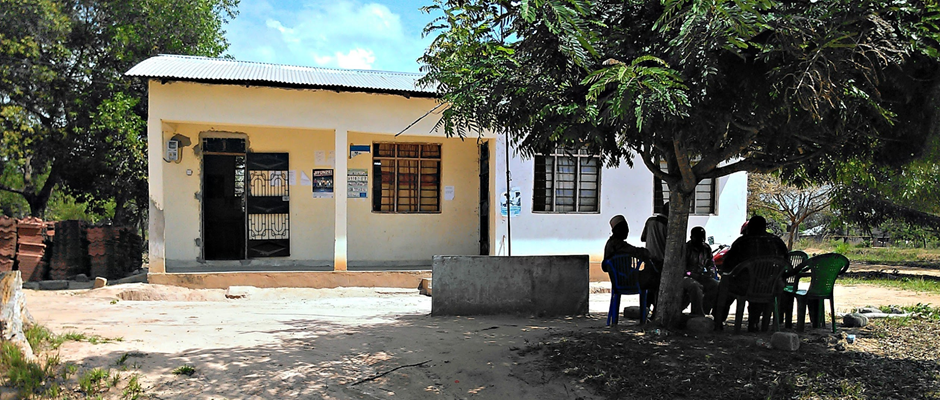
Decentralization as a political process has existed for decades, though with mixed results in improving people’s lives. Many reforms failed to promote local development because they were not designed to do so. As Andrés Rodríguez-Pose, Professor of Economic Geography at the London School of Economics, emphasized to staff from the European Commission’s International Cooperation and Development arm (DEVCO) at a recent meeting in Brussels, decentralization and development are not the same.
“The way decentralization has been done in the developing world has been an absolute disaster for development,” Dr Rodríguez-Pose said. “[Decentralization] has been done mainly top-down, in which national governments have basically decentralized powers but not decentralized resources.”
That’s where the Territorial Approach to Local Development (TALD) comes in. According to a policy note prepared for DEVCO by Leonardo Romeo, Adjunct Professor of International Development Planning at New York University, TALD is a policy framework providing the key ingredients to translate decentralization reforms into development outcomes. The policy note defines the Territorial Approach to Local Development as a “national policy that promotes endogenous, integrated, multi-scalar and incremental local development”.
In implementing TALD, ownership of the process by local actors is key. This calls for bottom-up approaches to developing a shared vision and context-specific implementation strategies. For Prof. Romeo this clearly implies that “local development planning is not the localization of the national plan”.
See more at: http://capacity4dev.ec.europa.eu/article/what-territorial-approach-local-development




